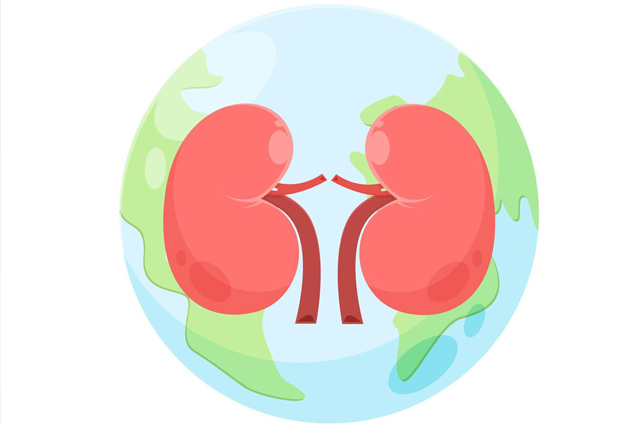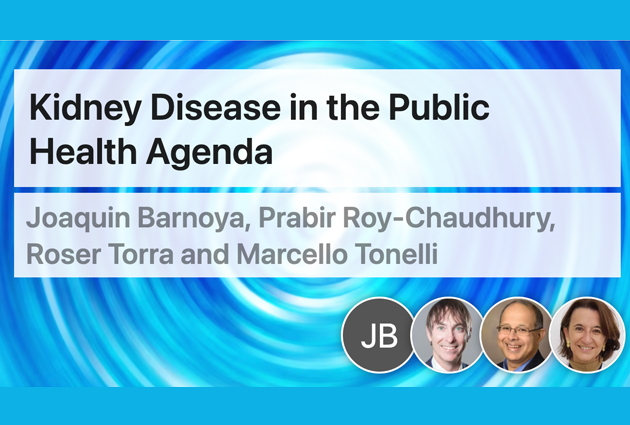Statement by the International Society of Nephrology on Oral Health at the WHO 148th Executive Board
Honorable chair, distinguished delegates,
The International Society of Nephrology (ISN) welcomes the Director General’s report and supports its recommendations on how to achieve better oral health as part of the universal health coverage and noncommunicable disease agendas.
Globally, more than 3.5 billion people suffer from oral diseases which disproportionally affect marginalized populations and those from a lower economic background, who often experience catastrophic health care costs and out-of-pocket expenditure to secure oral care.
People suffering from Chronic Kidney Disease (CKD) experience several complications that may contribute to poor oral health. CKD is associated with clinical and radiographic changes in the mouth1, affecting teeth, oral mucosa, periodontium, salivary glands and the tongue; all of which are detrimental to the oral health of people suffering from CKD2. Untreated oral lesions in kidney transplant patients can also lead to high graft rejection rates1.
Poor oral health may contribute to increased morbidity and mortality in patients suffering from CKD because it may lead to inflammation, infections, protein-energy wasting, and atherosclerotic complications3, severely undermining patients’ quality of life.
The inclusion of oral health care within universal health care packages is thus vital to ensuring equitable access to health promotion, disease prevention, diagnosis, care and medical treatment for patients with noncommunicable diseases, particularly those with kidney disease who are often at greater risk of multi morbidity and mortality.
Hence, we call upon Member States and the WHO to:
- Adopt the report and take the recommended actions to tackle the global burden of oral diseases and increase access to primary oral health care as part of universal health coverage packages.










